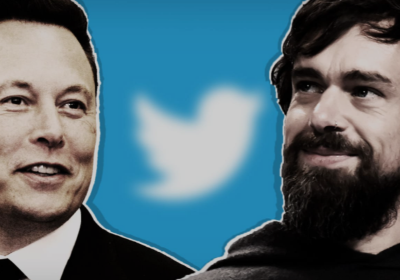The legal profession has titles that can confuse those outside the field. Two terms that are often confused are attorney and Esquire. While they are sometimes used interchangeably, they don’t always mean the same thing.
Understanding the distinction can help clarify their roles and significance in the legal world.
It is important to get to know about the term Esquire. It was a title of respect in England, denoting a rank just below a knight. Over time, its meaning evolved, and in the US, it became associated with licensed attorneys. However, not all attorneys use the title, and its application isn’t strictly regulated.
What Does Esquire Mean?
“Esquire,” frequently shortened to “Esq.,” is a courtesy title used to identify a licensed person to practice law. It comes from the Latin word scutum, which means shield, and was later translated into the Middle French word esquire, which denotes a person of rank below a knight but above a gentleman.
Lawyers were added to its usage throughout time. In the modern legal profession, being an esquire denotes that a person has passed the bar test and is qualified to practice law. In professional contexts or communication, lawyers use this title as a formal designation rather than a way to identify themselves.
Attorney vs. Esquire: Key Differences
Although “Esquire” is a formal title, “Attorney” designates a person legally qualified to give legal advice and represent clients in court. The distinction lies in functionality and formality:
- Attorney: A person who has graduated from law school, passed the Bar exam, and actively practices law within their jurisdiction. Attorneys are engaged in advocacy, legal counseling, and representation.
- Esquire: A title used after an attorney’s name as a mark of professionalism and credibility. It does not denote any additional qualifications beyond being licensed to practice law.
It’s important to remember that not every lawyer is an attorney. Even if a lawyer has a J.D., they may be unable to practice law if they have failed the bar exam. On the other hand, every lawyer has finished their coursework and obtained their license.
Usage of Esquire in Legal Practice
Although it varies by jurisdiction, “Esquire” is frequently used in the US. It is not a measure of legal knowledge in specific fields but of professional standing. Whether dealing with criminal defense, family law, or corporate disputes, attorneys often use “Esquire” to signal their licensure rather than their specialization.
In formal correspondence between lawyers or when addressing legal professionals, Esquire is preferred over courtesy titles like Mr., Ms., or Mrs. For example, opposing attorneys might address each other using this title during case-related communications. However, its usage is optional and not legally mandated.
Historical Context of Esquire
The historical roots of Esquire give it an air of prestige that continues today. In medieval Europe, it was associated with social rank and respectability. Over centuries, this association shifted toward professions requiring rigorous training and ethical standards—law being one such field.
While its historical significance remains embedded in tradition, its modern application is mainly practical. In the United States, Esquire is often used as an honorary title for lawyers and members of specific organizations. It can also be used as a general term of courtesy, conveying respect towards someone in a professional setting.
Conclusion
“Esquire” is a formal title reflecting a person’s licensure and professional status, whereas “Attorney” denotes a person’s function in practicing law. Although they have different meanings and applications, both names are related.
Awareness of these subtleties makes clarifying misunderstandings regarding legal titles and their use in professional contexts easier. Whether addressing correspondence or evaluating qualifications, recognizing these terms’ differences ensures proper respect for legal professionals’ roles and achievements.
Source: De Castroverde Law Group, Las Vegas, NV
